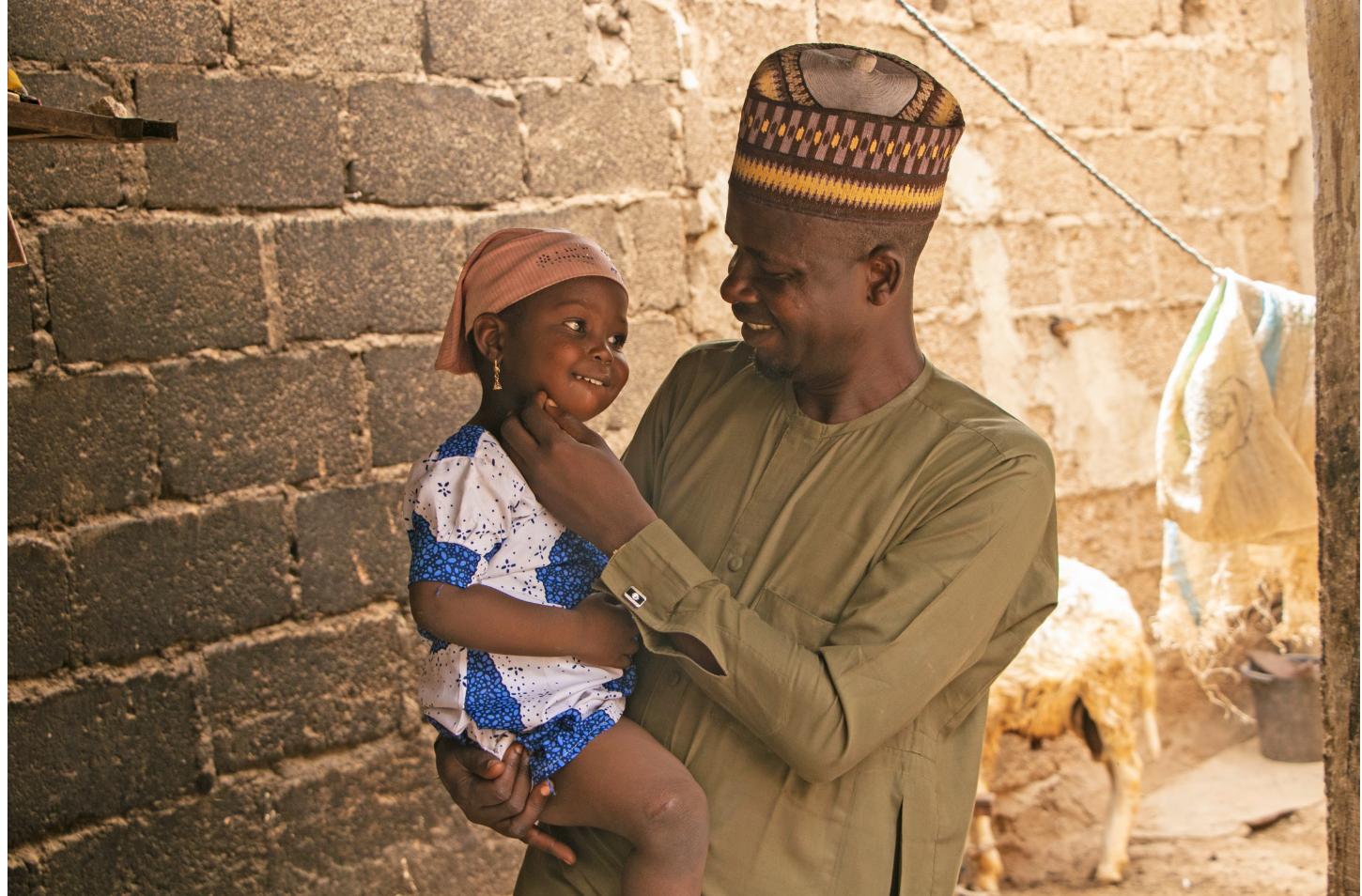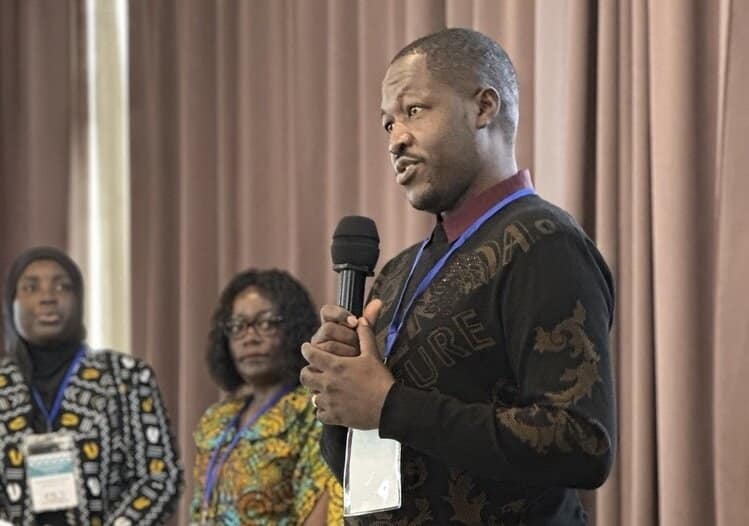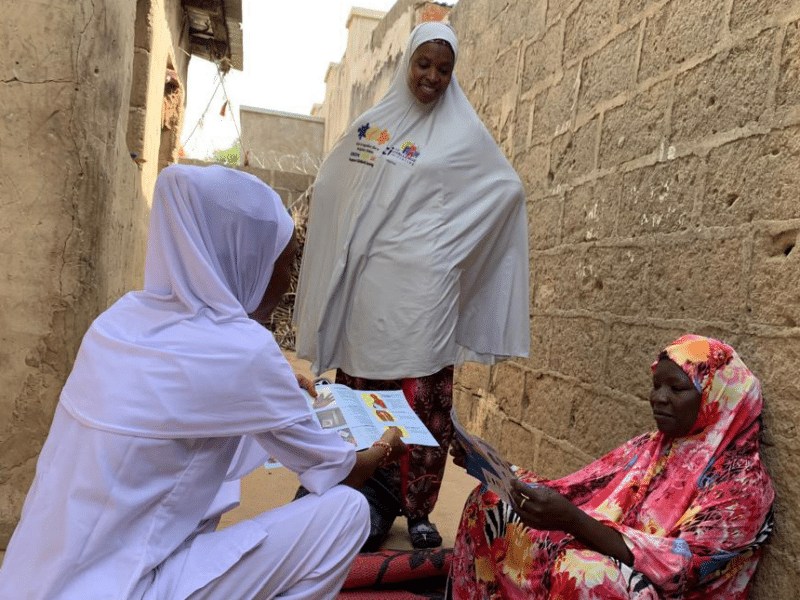The Challenge Initiative, a global project led in Nigeria by the Johns Hopkins Center for Communication Programs, has been awarded $71.3 million to expand the reach of a global platform that supports the sexual and reproductive health needs of women and girls living in poor urban communities in Africa and Asia.
The new funding comes from two separate grants – one from Bayer AG and one from the Bill & Melinda Gates Foundation – to the Bill & Melinda Gates Institute for Population and Reproductive Health at the Johns Hopkins Bloomberg School of Public Health, which leads TCI globally.
The new award covers a four-year period ending in December 2025 and builds on TCI’s achievements over the last five years in 11 countries (Benin, Burkina Faso, Cote d’Ivoire, India, Kenya, Niger, Nigeria, Senegal, Tanzania, Philippines and Uganda) to sustainably scale up proven high-impact family planning interventions.
“With this new funding, The Challenge Initiative can focus not only on supporting local governments to rapidly scale up proven, high-impact interventions but also on ensuring impact at the health systems level and on contraceptive uptake – in a more cost-efficient and sustainable manner,” says Jose Rimon II, director of the Gates Institute.
As it has since 2017, CCP will continue to lead the project’s Nigeria arm and manage and lead TCI University, which provides easy-to-use toolkits and guidance through its innovative digital platform to coach and train people to support implementation of high-impact interventions.
TCI was built on the success of the CCP-led Nigerian Urban Reproductive Health Initiative (NURHI), which made huge gains in demand for and access to modern family planning for Nigerian women over the last decade. The idea behind TCI is sustainability and local responsibility, to expand the success of NURHI with a commitment from individual states of both human and financial capital to ensure the gains last far into the future.
Cities self-select to be a part of TCI, making a commitment to the health of their communities by bringing their own financial and human resources to the table and then leading program implementation. In return, they receive access to TCI’s Challenge Fund and technical expertise through TCI University. From the outset of engagement, TCI prioritizes sustainability and self-reliance of city governments to lead and own the family planning programs that improve the health and well-being of their communities—even after TCI support ends.
“Through the TCI partnership, more state governments have been able to reposition their reproductive health programs so that more Nigerian women, girls and families have access to modern contraception,” says CCP’s Victor Igharo, who directs TCI in Nigeria. “We are thrilled that Bayer and the Gates Foundation have come together to sustain the ambition to make family planning a social norm in Nigeria.”
The first iteration of TCI’s Nigeria work ended this summer, reporting significant progress in increasing the use of family planning in regions of the country where the percentage of women using modern contraception is mostly in the single digits.
Among the many goals of TCI is to ensure financial sustainability of family planning throughout the country. Since 2017, when the project was launched in Bauchi, Delta, Kano, Niger and Ogun states, those governments committed $1.3 million to improving contraceptive rates, increasing demand for contraception and ensuring that those in the health clinics are properly educating and counseling women about family planning. TCI is continuing work in nine more states.
“Family planning impacts a number of public health challenges—from maternal and child mortality to gender equality,” says Ellen J. MacKenzie, dean of the Bloomberg School. “Effective family planning programs delivered at scale can improve not only the health of the urban community, but also the world at large.”
A version of this story was originally posted here.





